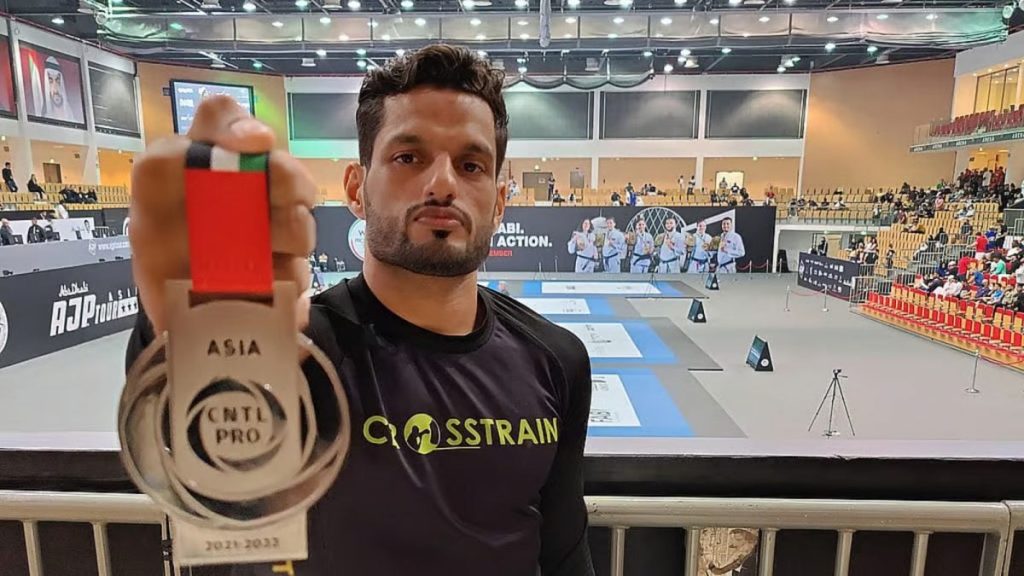Last Updated:
Economics Graduate Siddharth Singh Transforms MMA and BJJ in India

Siddharth Singh with one of his numerous medals. (Instagram/@cfcsid)
In the world of combat sports, India’s narrative is one of untapped potential, poised for emergence. Central to this shift is Siddharth Singh, whose journey is both remarkable and motivating. His story transcends athletic triumph; it’s about a significant departure from a life of conventional success to a determined mission: to shape the future of mixed martial arts (MMA) and Brazilian Jiu-Jitsu (BJJ) in India.
With an economics degree from the University of St. Andrews and a bright corporate career in London, Singh appeared destined for comfort. However, a deeper passion—first ignited during his boxing days at The Doon School—compelled him to abandon his secure lifestyle for a challenging path that initially left him financially struggling to professionalize the sport back home.
Singh’s martial arts journey began at 12 with boxing, which he practiced for six years, and later evolved to include Muay Thai. His understanding of combat shifted dramatically after a striking revelation during a Jiu-Jitsu seminar, where his inexperience led to a humiliating defeat at the hands of a smaller training partner. This moment underscored the supremacy of technique, igniting his fascination with BJJ’s strategic depth and self-defense potential.
The final push to abandon his life in the UK came from witnessing the chaos of MMA training in Delhi while looking for an academy for his brother. The unprofessional conduct of a coach solidified Singh’s resolve to improve the sport in India. In 2012, he invested all his savings to establish Crosstrain Fight Club in Delhi. This initiative aimed to bridge the gap between the global potential acknowledged by MMA organizations and the disorganized realities on the ground.
Today, Crosstrain Fight Club boasts over 500 students and has produced India’s first UFC fighters, Anshul Jubli and Puja Tomar. Singh’s dedication stems from firsthand experiences as a 10-time national Jiu-Jitsu champion, where he faced systemic challenges, including poor organization during tournaments. His commitment to improving the athletes’ environment includes organizing world-class events and advocating for structural changes in local combat sports.
Singh’s mission is two-fold: to cultivate a UFC champion while fostering grassroots growth in Indian combat sports. He envisions how creating a champion, akin to superstars like Conor McGregor, would ignite interest and participation in the sport nationwide. Furthermore, he calls for institutional support to elevate infrastructure and ensure better remuneration for athletes, spotlighting a need for substantial investment to break the current limitations.



